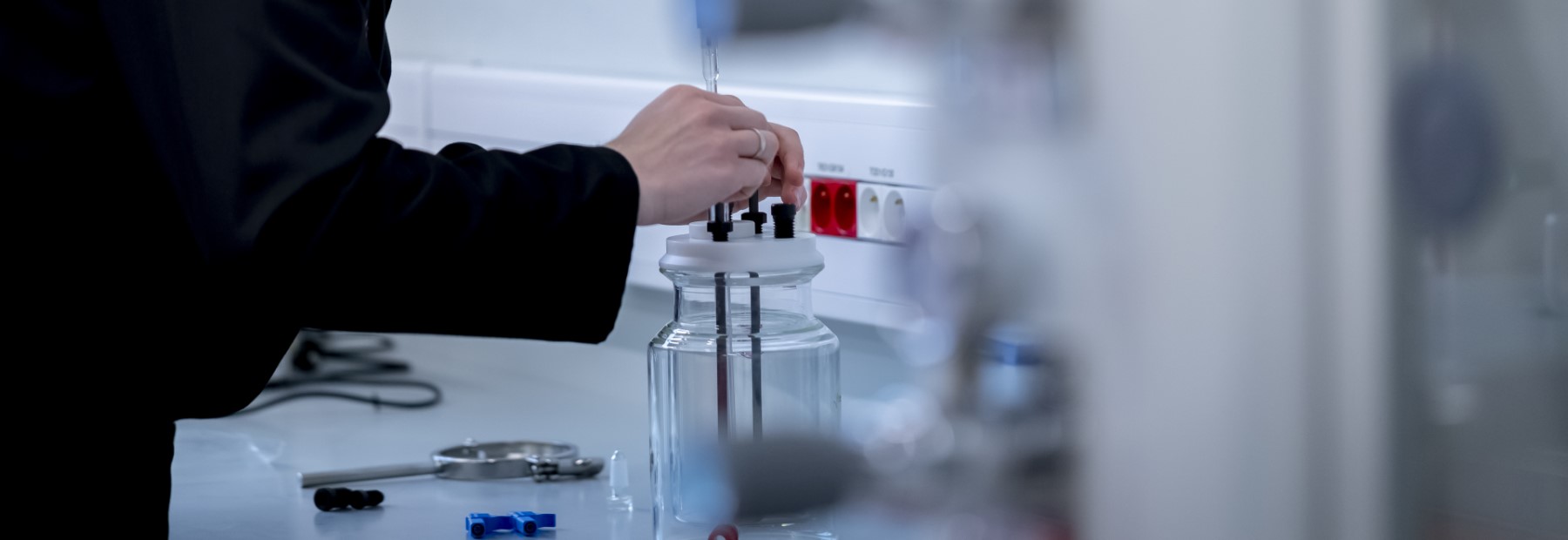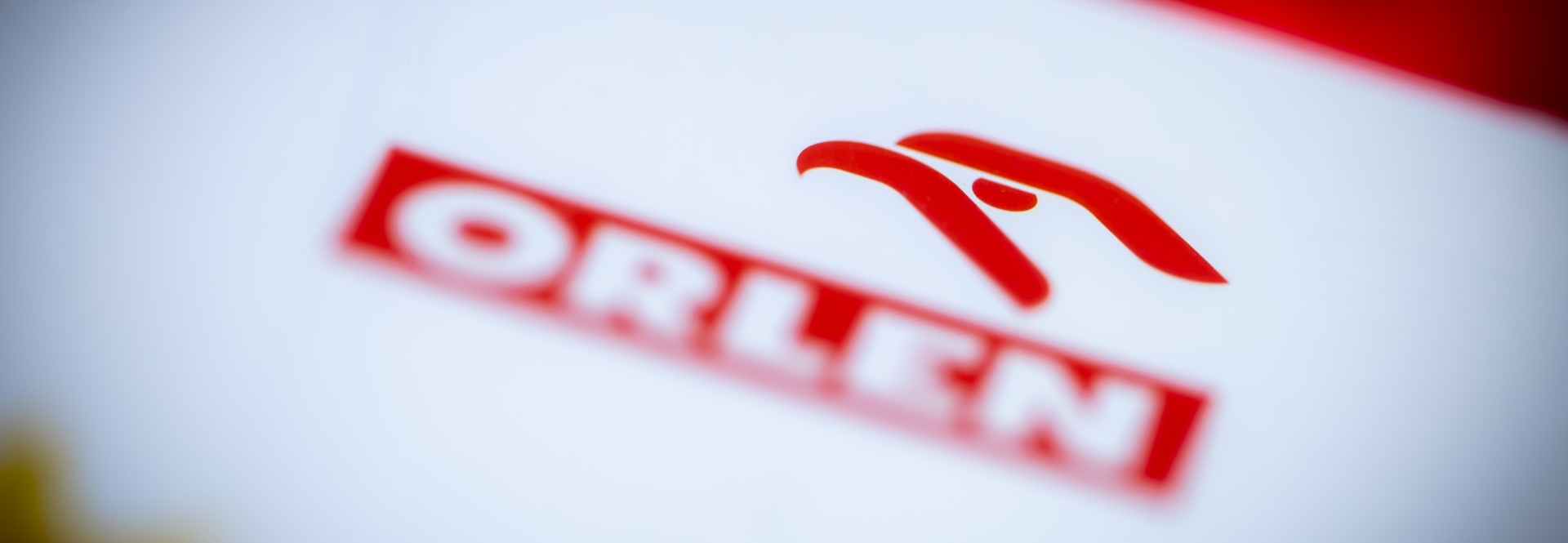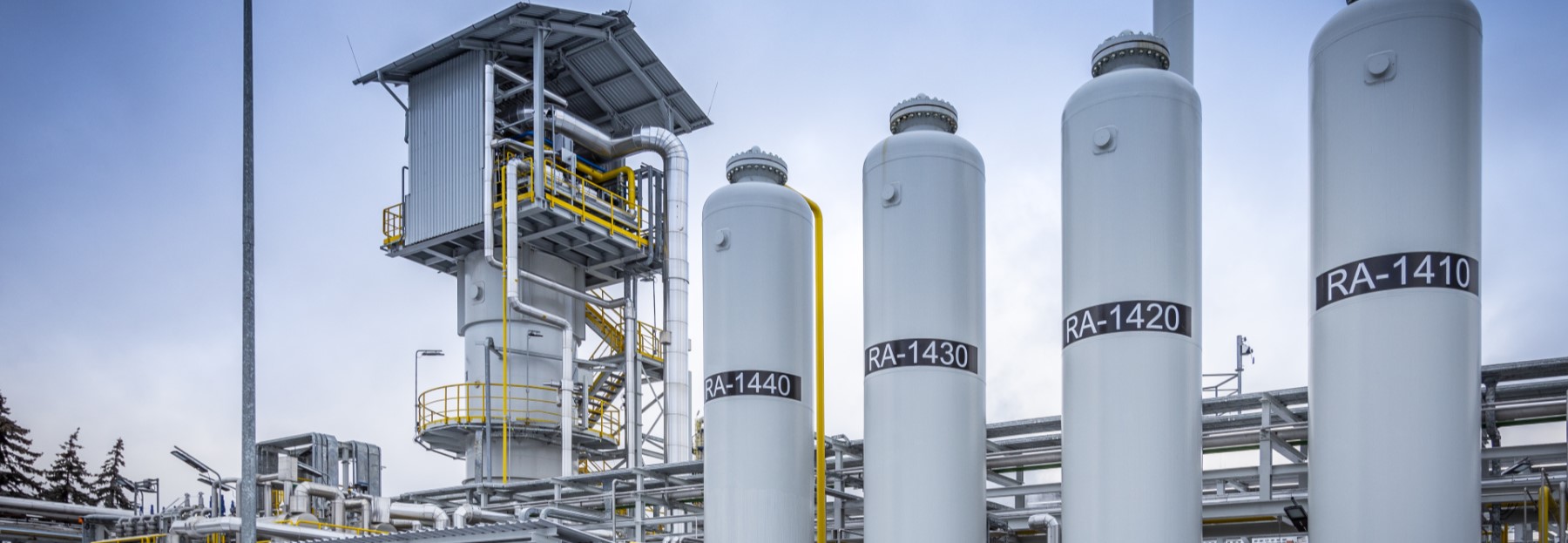The legal basis for the operation of sustainable development systems is the EU Directive on the Promotion of the Use of Energy from Renewable Sources (RED).
REDII (Directive 2018/2001) provides a general climate framework for 2020–2030, including a 2030 target of at least a 27% share of renewable energy in the EU’s energy consumption. The Directive recasts and repeals previous legislation (Directive 2009/28/EC, Directive (EU) 2015/1513 and Council Directive 2013/18/EU).
The amended Renewable Energy Directive adopted at the end of 2018 came into force on July 1st 2021.
Entities operating in the field of production of bio-components, processing of biomass, and purchase, import or intra-Community purchase of biomass or bio-components, which are to be counted towards the National Indicative Target (NIT), are obliged to obtain a certificate confirming that they fulfil the sustainability criteria.
PKN ORLEN’s compliance with the sustainability criteria is ensured by the International Sustainability & Carbon Certification (ISCC EU) system, which enables identification of energy carriers produced in a sustainable way with the use of renewables.
ISCC is a certification system for biofuels placed on the market, approved by the German Federal Office for Agriculture and Food (BLE).
The International Sustainability & Carbon Certification System (ISCC EU) confirms the application of an approach based on sustainable use of renewables. ISCC EU is aimed at protecting the biosphere and rational land management, but also sustainable social development and reduction of greenhouse gas emissions, by enabling emission volume tracking at every stage of the biomass and biofuel production process.
It covers all biomass types available on the European Union market and outside the EU.
An ISCC EU certificate holder ensures environmental protection, seeks to be perceived as an environmentally oriented company, and makes the following commitments:
-
Reduce GHG emissions;
- Ensure professional management of the security and quality system at the company;
- Monitor refining processes, gas emissions and their environmental impacts;
- Ensure appropriate working environment;
- Ensure rational land management;
- Respect international standards in human rights, workers’ rights, and the right to land;
- Demonstrate social responsibility in business relations.
An ISCC EU certificate confirms the company’s credibility in the international biofuel market. By promoting an environmentally-friendly and socially responsible approach, it helps to establish new business contacts. ISCC EU certification covers a remarkably broad range of products commonly used in the production of biomass, biocomponents and biofuels, such as:
- oilseeds (rapeseed, soybean, sunflower, jatropha, oil palm, and others);
- cereal grains and corn;
- oils (rapeseed, sunflower, palm oil);
- intermediates and products;
- waste and residues.
The ISCC EU system is based on sustainability procedures and standards required to be applied throughout the biofuel production chain.
It helps producers to organise the biofuel production and distribution processes in accordance with the European legal requirements, and enables potential customers to verify greenhouse gas emission volumes at each stage of production, i.e. cultivation, harvesting, storage, processing and delivery to the final recipient.




